In the early morning of 29 April, a minibus filled with quarry workers wheeled through the arid land of Bur Abor village in Mandera County, Kenya. The passengers, mostly labourers from other regions of the country, were on their way to the quarry when gunmen violently interrupted their journey.
“They blocked the road and ordered everyone out,” a local elder who arrived at the scene after the attack said. “They asked for IDs, and when some of the men hesitated or showed Christian names, the shooting began.”
Five men died in the attack, and two others were badly wounded. Thirteen men managed to escape into nearby bushland, hiding under shrubs until they were rescued by local security forces. The attackers, suspected members of the Somalia-based militant group al-Shabaab, fled soon after the shooting.
“They were targeting us,” one survivor said. “They didn’t ask for money. They wanted to know our faith. When they found out we were Christians, they started shooting.”
For many in the region, especially non-Muslim workers, there’s a growing sense that religious identity is becoming a matter of life or death.
In previous years, al-Shabaab has carried out similar attacks in Mandera, Wajir, and Lamu counties, often singling out Christians, revealing a pattern of religiously motivated violence, security lapses, and deep fear among local populations.
Officials responded to the attack, saying, “We want to appeal to the local people around to be calm as we pursue the criminals. The government will continue with the sustained operation to flush them out.”
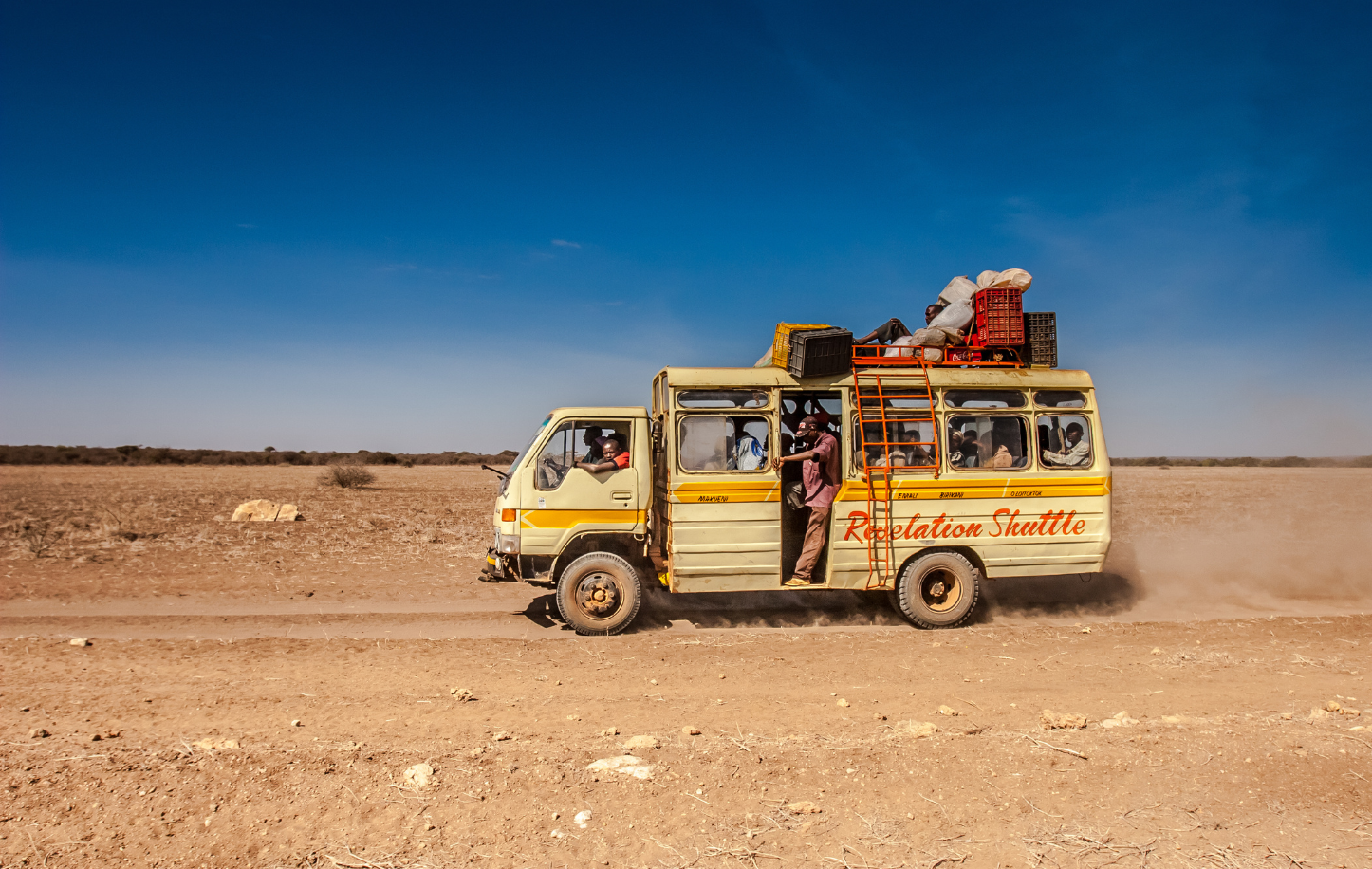
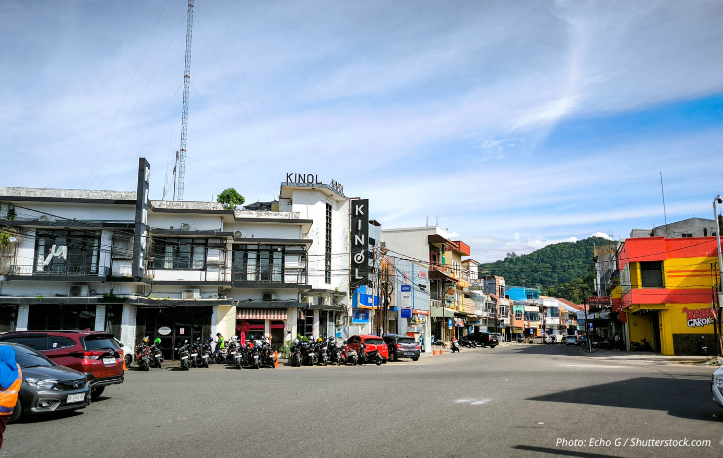
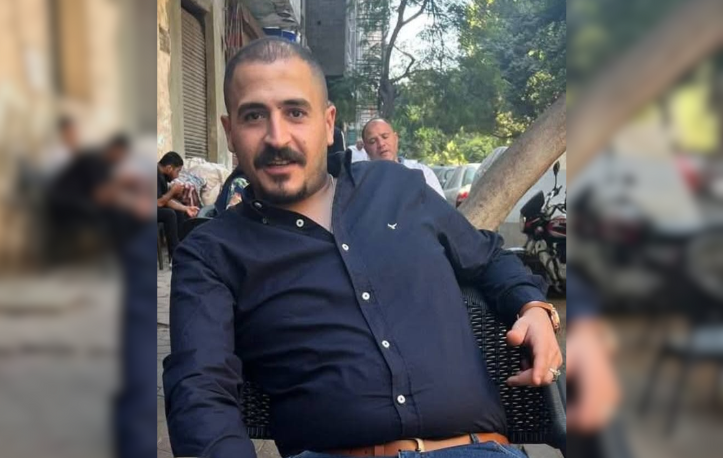
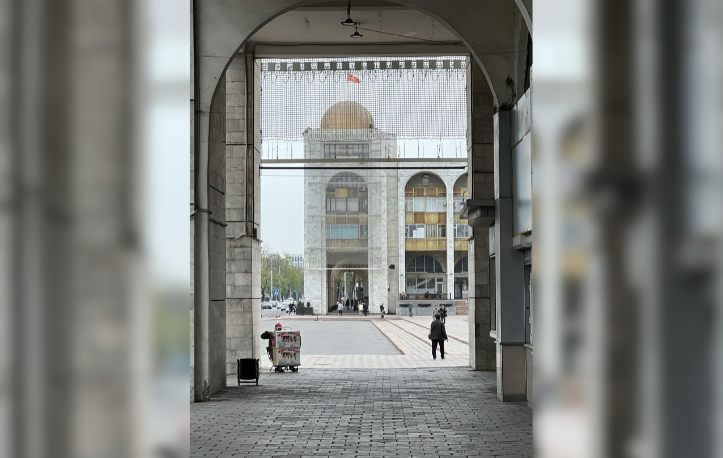
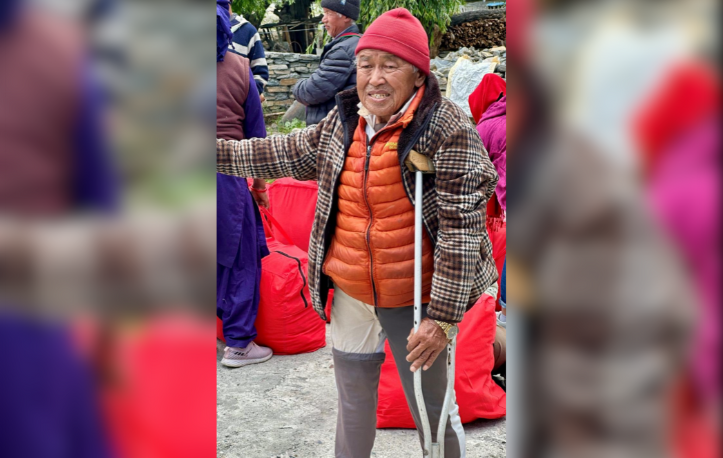
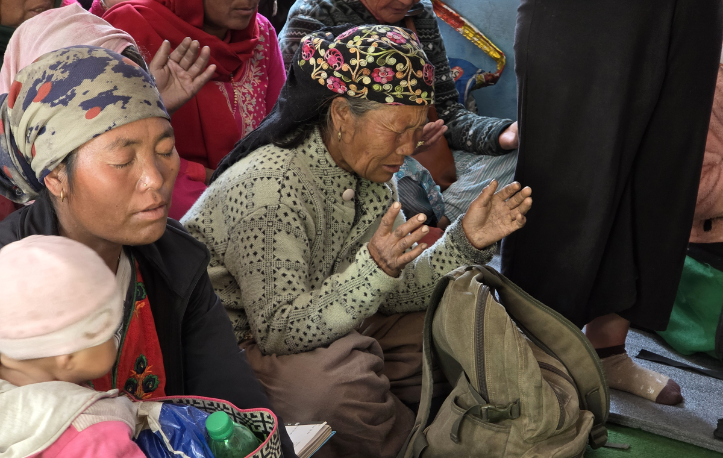
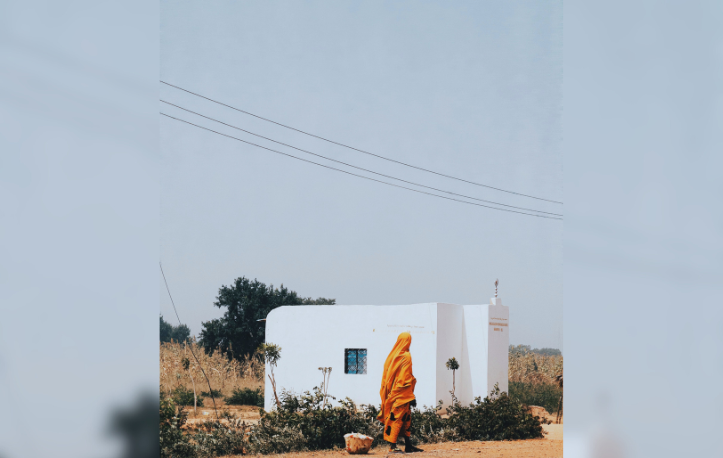
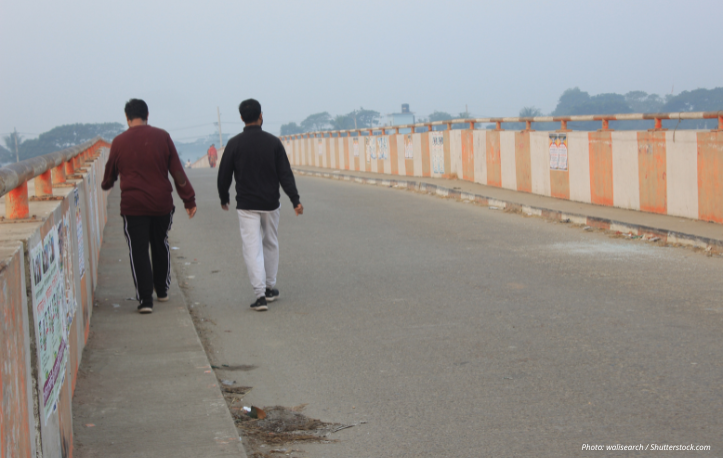







Submit a Prayer